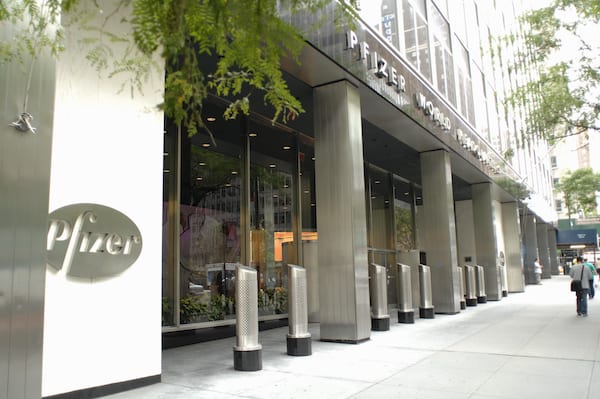
Pfizer has shared 10.4 month follow-up data from its pivotal phase 2 MagnetisMM-3 clinical trial, with results suggesting that elranatamab is effective and offers a manageable safety profile in those diagnosed with relapsed or refractory multiple myeloma (RRMM).
The results specifically outline the therapy’s effectiveness in patients with RRMM, in a heavily pretreated population, who have been given at least three classes of prior therapies, including a proteasome inhibitor, an immunomodulatory agent and an anti-CD38 monoclonal antibody.
The results are based on safety and efficacy analyses in 123 patients who were given at least one dose of elranatamab, receiving a subcutaneous 76mg dose weekly on a 28-day cycle, with a step-up priming dose regimen, 12mg and 32mg administered on day one and day four, respectively, during cycle one.
The data is scheduled for presentation on 12 December at the 64th American Society of Hematology (ASH) Annual Meeting and Exposition 2022.
Elranatamab is an investigational, humanised B-cell maturation antigen (BCMA)-CD3-targeted bispecific antibody (BsAb), which targets both BCMA-expressing multiple myeloma cells and CD3-expressing T-cells, binding both and activating the T-cells to destroy the myeloma cells.
Elranatamab could potentially reach a greater number of patients as an off-the-shelf treatment that is given subcutaneously, which would offer those with the condition a convenient option compared to intravenous administration.
Median follow up results of 10.4 months showed patients who received elranatamab achieved a high objective response rate of 61%, with 84% probability of maintaining response at nine months.
Progression-free survival and overall survival at nine months were marked as being 63% and 70%, respectively.
Moreover, the data also highlighted a manageable safety profile for elranatamab, with the two-step-up priming dose regimen 12mg and 32mg dosing schedule mitigating the rate and severity of cytokine release syndrome and immune effector cell-associated neurotoxicity syndrome in group A of MagnetisMM-3.
Chris Boshoff, chief development officer, oncology and rare disease, Pfizer global product development, said: “We are excited to be sharing our latest research at ASH, which further supports the efficacy and safety of elranatamab, and will continue to evaluate its potential benefits through the MagnetisMM clinical trial programme across earlier and broader populations, including newly diagnosed patients.”
Multiple myeloma is a blood cancer that affects plasma cells made in the bone marrow. There are 176,000 new cases of the disease reported worldwide, and despite advances in treatments, there is currently no cure.
The European Medicines Agency (EMA) and the US Food and Drug Administration (FDA) granted Orphan Drug Designation for elranatamab in the treatment of MM and both the EMA and FDA have granted elranatamab Fast Track Designation and the PRIME scheme for patients with RRMM.




